If you've noticed a musty smell coming from your bed or have started experiencing allergy symptoms while you sleep, there may be mold growing in your mattress. Mold in a mattress can be a serious problem, not only affecting the quality of your sleep but also posing health risks. But fear not, with the right knowledge and techniques, you can effectively remove mold from your mattress and prevent it from coming back.How to Remove Mold from a Mattress
The first step in removing mold from a mattress is to thoroughly clean and disinfect the affected area. Start by vacuuming the entire mattress to remove any loose mold spores. Then, mix a solution of equal parts water and white vinegar and spray it onto the moldy areas. Let it sit for at least an hour before wiping it off with a clean cloth. For tougher stains, you can use a mixture of hydrogen peroxide and water. Be sure to dry the mattress completely before putting any bedding back on.How to Clean a Moldy Mattress
It's important to know the signs of mold growth in your mattress so you can address the issue as soon as possible. Some common signs include a musty smell, visible dark spots on the mattress, or experiencing allergy symptoms such as sneezing, coughing, and watery eyes while you sleep. If you suspect mold in your mattress, it's best to take action right away.Signs of Mold in Your Mattress
Exposure to mold can cause a variety of health issues, especially for those with allergies or respiratory problems. Breathing in mold spores can aggravate these conditions and cause symptoms like coughing, wheezing, and difficulty breathing. In severe cases, prolonged exposure to mold can lead to more serious respiratory illnesses. It's crucial to address mold growth in your mattress to ensure a healthy sleep environment.Health Risks of Sleeping on a Moldy Mattress
The best way to deal with mold in your bed is to prevent it from growing in the first place. One of the most effective ways to prevent mold is to keep your mattress dry. This means properly airing out and drying your mattress after spills or accidents, using a moisture barrier cover, and regularly rotating and flipping your mattress to prevent moisture buildup. It's also important to keep your bedroom well-ventilated and at a moderate temperature to prevent mold growth.Preventing Mold Growth in Your Bed
If you're dealing with a small amount of mold in your mattress, you can try using some DIY methods to get rid of it. Some options include using baking soda to absorb moisture and odors, using a mixture of tea tree oil and water to kill mold, or sprinkling a combination of salt and lemon juice on the affected area. These methods can be effective in removing mold, but it's important to thoroughly dry the mattress afterward to prevent further growth.DIY Mold Removal for Mattresses
If you're dealing with a severe mold infestation or are unsure of how to properly remove it yourself, it's best to seek professional help. Mold removal experts have the necessary tools and expertise to effectively remove mold from your mattress and prevent it from coming back. They can also identify any underlying issues that may be causing mold growth, such as a leaky roof or plumbing issues.Professional Mold Removal Services for Mattresses
Essential oils are a popular natural option for removing mold and preventing its growth. Some oils that are known to have antifungal properties include tea tree, eucalyptus, and peppermint. You can mix a few drops of your chosen oil with water and spray it onto the affected area. Let it sit for a few hours before wiping it off. Not only will this help get rid of mold, but it will also leave your mattress smelling fresh.Using Essential Oils to Get Rid of Mold in Your Mattress
If your mattress has gotten wet, whether from a spill or a leak, it's crucial to properly dry it to prevent mold growth. Start by removing all bedding and then use a towel to blot the wet area. Then, use a fan or hairdryer on a cool setting to dry the mattress. Avoid using heat as it can cause the mold to spread. It's also important to let the mattress air out for a few hours before putting any bedding back on.How to Properly Dry a Wet Mattress to Prevent Mold Growth
Mold can grow in mattresses due to a variety of reasons. The most common cause is moisture buildup, which can be caused by spills, leaks, or even excessive sweating. Other causes may include high humidity levels in the bedroom, lack of ventilation, and not properly drying a wet mattress. It's important to address these issues to prevent mold growth in your mattress.Common Causes of Mold in Bed Mattresses
How Mold in Your Bed Mattress Can Affect Your Health and Home

The Hidden Dangers of Mold in Your Mattress
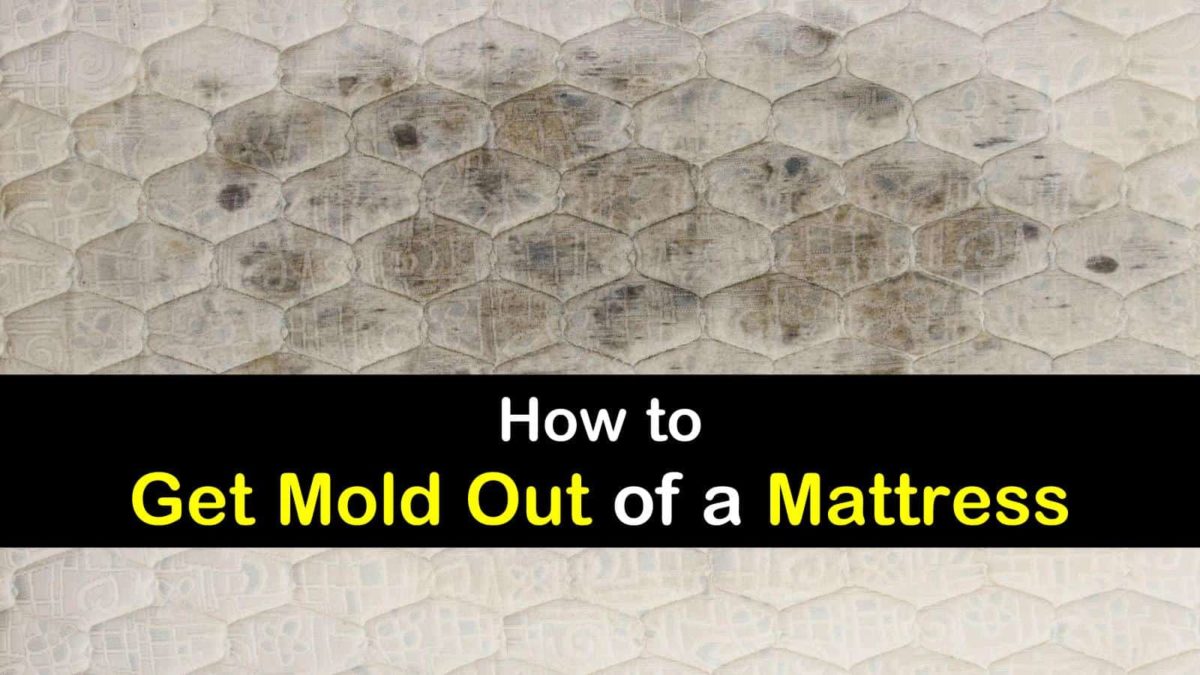 If you have ever noticed a musty smell or strange discoloration on your bed mattress, chances are you have mold growing in it. While it may seem like a harmless issue, mold in your bed can actually have serious consequences on both your health and the overall design of your home. Mold is a type of fungus that thrives in warm, damp environments, making your bed an ideal breeding ground. In this article, we will explore the dangers of mold in your bed mattress and how it can impact your health and home.
If you have ever noticed a musty smell or strange discoloration on your bed mattress, chances are you have mold growing in it. While it may seem like a harmless issue, mold in your bed can actually have serious consequences on both your health and the overall design of your home. Mold is a type of fungus that thrives in warm, damp environments, making your bed an ideal breeding ground. In this article, we will explore the dangers of mold in your bed mattress and how it can impact your health and home.
Health Risks of Sleeping on a Moldy Mattress
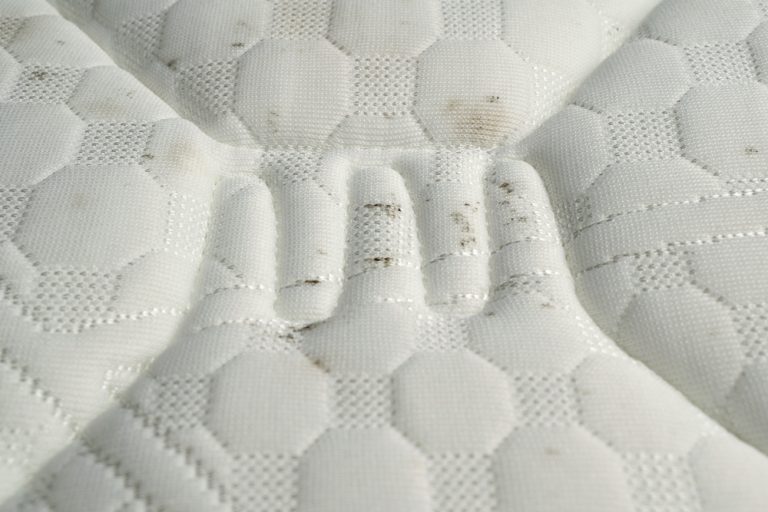 One of the biggest concerns with having mold in your bed mattress is the effect it can have on your health. Mold can produce allergens and irritants which can lead to respiratory issues, skin irritation, and even trigger asthma attacks. Breathing in mold spores can also cause flu-like symptoms such as coughing, sneezing, and headaches. If left untreated, exposure to mold can even lead to more serious health complications, especially for those with weakened immune systems. This is why it is important to address mold in your bed mattress as soon as you notice it.
Mold Removal
Removing mold from your bed mattress can be a challenging and time-consuming process, especially if the mold has spread deeply into the mattress. It is recommended to hire a professional
mold remediation
company to ensure that the mold is completely removed and does not reappear. They will have the necessary tools and expertise to thoroughly clean and disinfect your mattress, making it safe to sleep on again.
One of the biggest concerns with having mold in your bed mattress is the effect it can have on your health. Mold can produce allergens and irritants which can lead to respiratory issues, skin irritation, and even trigger asthma attacks. Breathing in mold spores can also cause flu-like symptoms such as coughing, sneezing, and headaches. If left untreated, exposure to mold can even lead to more serious health complications, especially for those with weakened immune systems. This is why it is important to address mold in your bed mattress as soon as you notice it.
Mold Removal
Removing mold from your bed mattress can be a challenging and time-consuming process, especially if the mold has spread deeply into the mattress. It is recommended to hire a professional
mold remediation
company to ensure that the mold is completely removed and does not reappear. They will have the necessary tools and expertise to thoroughly clean and disinfect your mattress, making it safe to sleep on again.
The Impact of Mold on Your Home's Design
 In addition to the health risks, mold in your bed mattress can also have a negative impact on the design of your home. Mold can leave unsightly stains and discoloration on your mattress, which can be difficult to remove. This can affect the overall aesthetic of your bedroom and potentially decrease the value of your home. Mold can also spread to other areas of your home, such as your walls and furniture, causing further damage and requiring costly repairs.
Preventing Mold Growth
To prevent mold from growing in your bed mattress, it is important to regularly clean and air out your mattress. Avoid placing your mattress directly on the floor or against a wall, as this can trap moisture and promote mold growth. Use a breathable mattress cover to protect your mattress and regularly wash your bedding in hot water to kill any mold spores that may be present.
In addition to the health risks, mold in your bed mattress can also have a negative impact on the design of your home. Mold can leave unsightly stains and discoloration on your mattress, which can be difficult to remove. This can affect the overall aesthetic of your bedroom and potentially decrease the value of your home. Mold can also spread to other areas of your home, such as your walls and furniture, causing further damage and requiring costly repairs.
Preventing Mold Growth
To prevent mold from growing in your bed mattress, it is important to regularly clean and air out your mattress. Avoid placing your mattress directly on the floor or against a wall, as this can trap moisture and promote mold growth. Use a breathable mattress cover to protect your mattress and regularly wash your bedding in hot water to kill any mold spores that may be present.
In Conclusion
 Mold in your bed mattress is a serious issue that should not be ignored. It can have detrimental effects on your health and the design of your home. If you suspect that you have mold in your mattress, it is important to take immediate action to remove it and prevent it from returning. By being proactive in preventing mold growth, you can ensure a safe and healthy sleeping environment for you and your family.
Mold in your bed mattress is a serious issue that should not be ignored. It can have detrimental effects on your health and the design of your home. If you suspect that you have mold in your mattress, it is important to take immediate action to remove it and prevent it from returning. By being proactive in preventing mold growth, you can ensure a safe and healthy sleeping environment for you and your family.



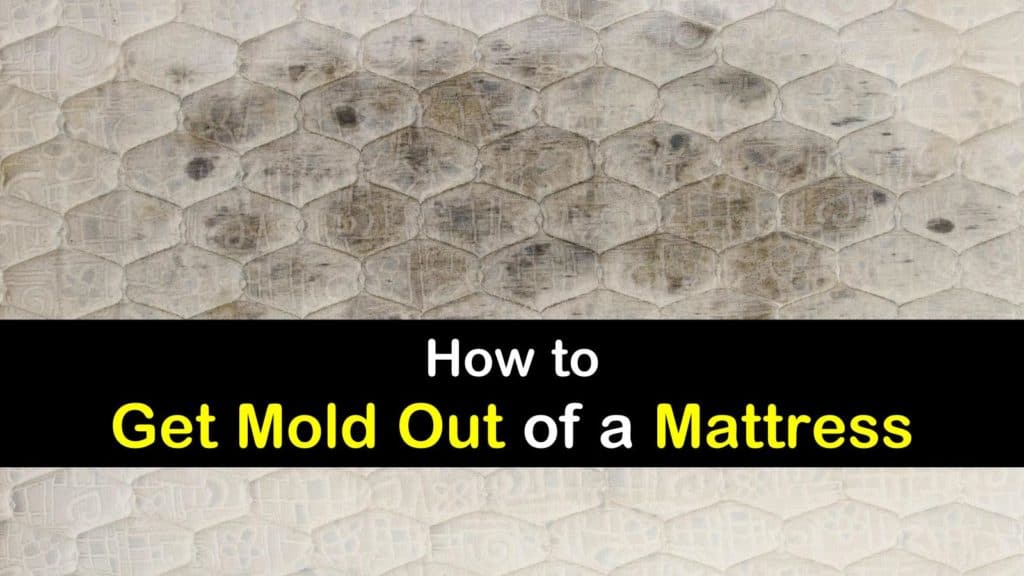

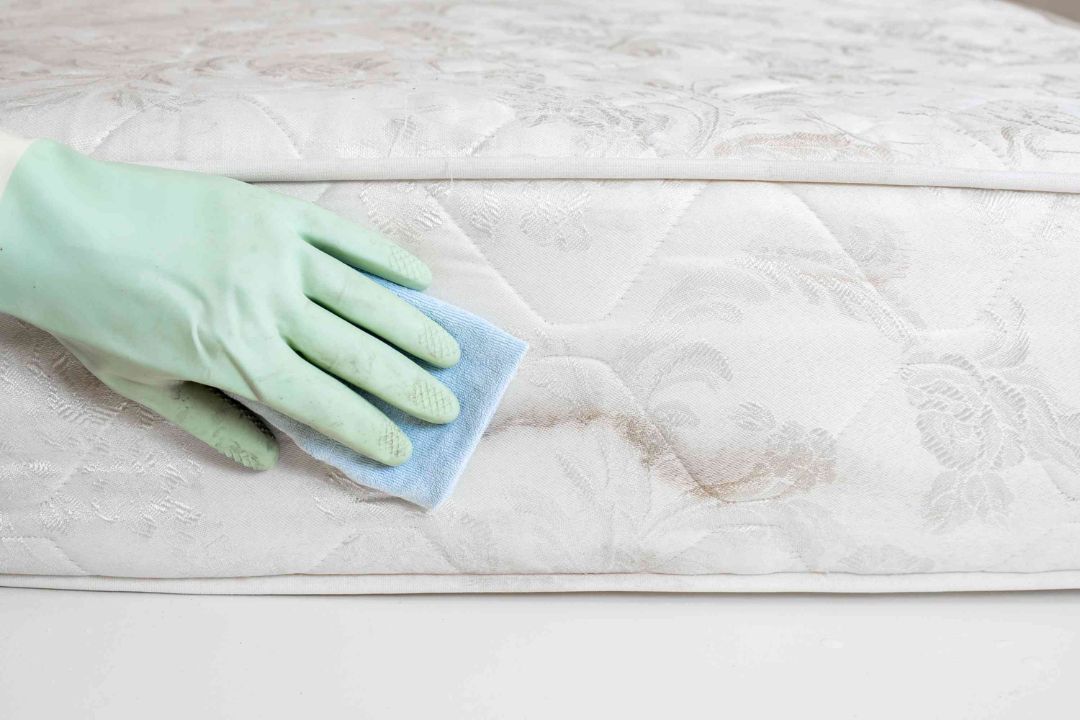


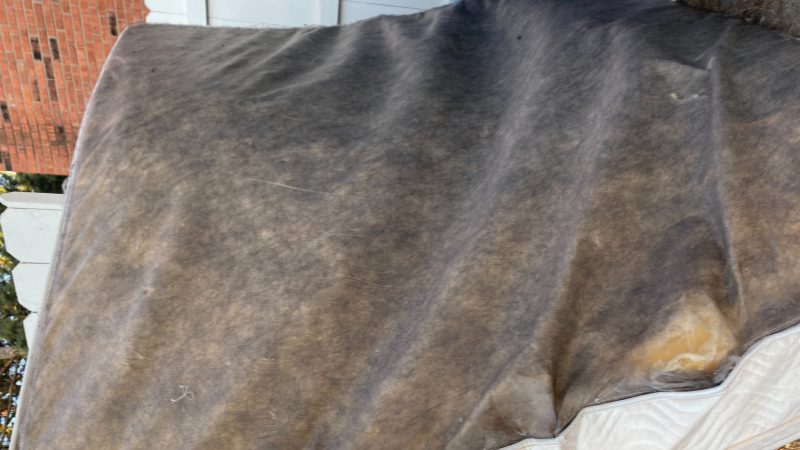
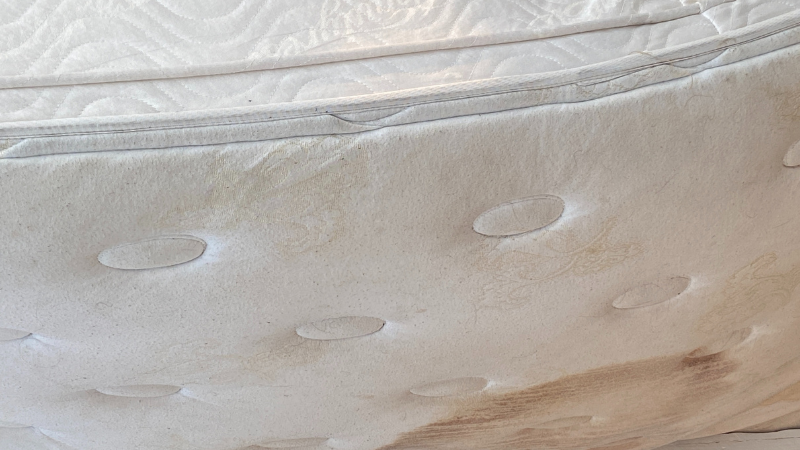







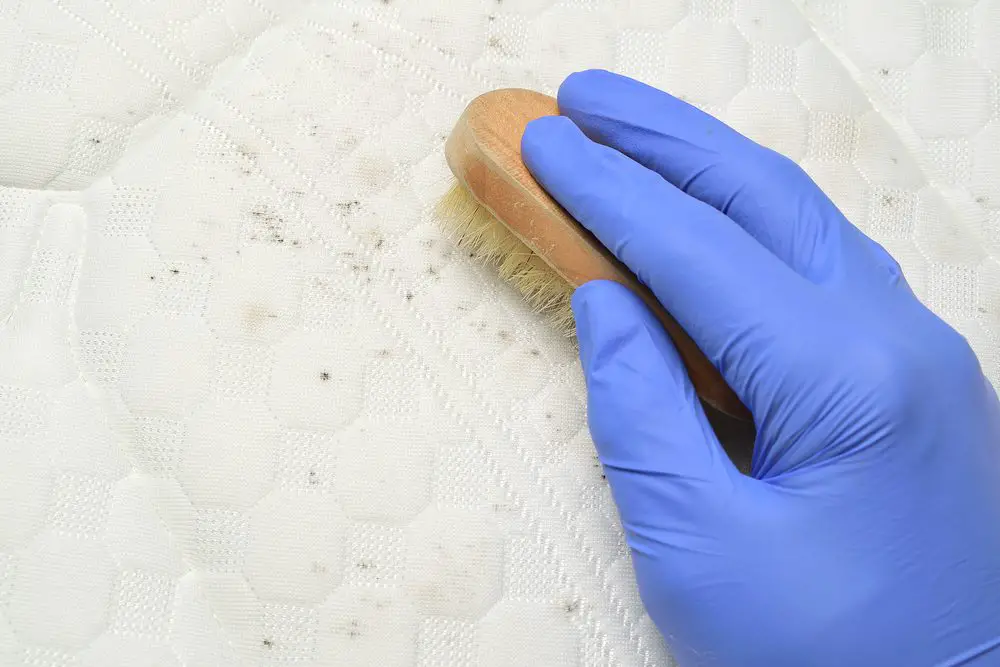


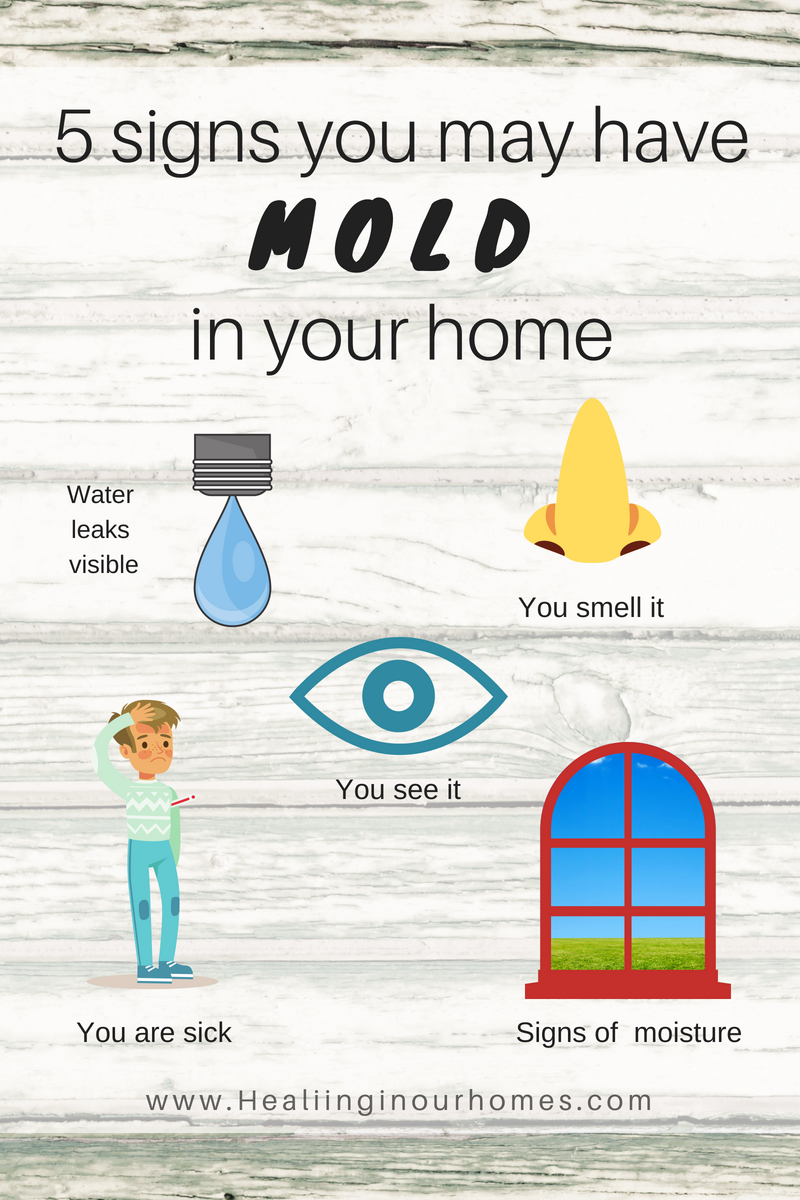

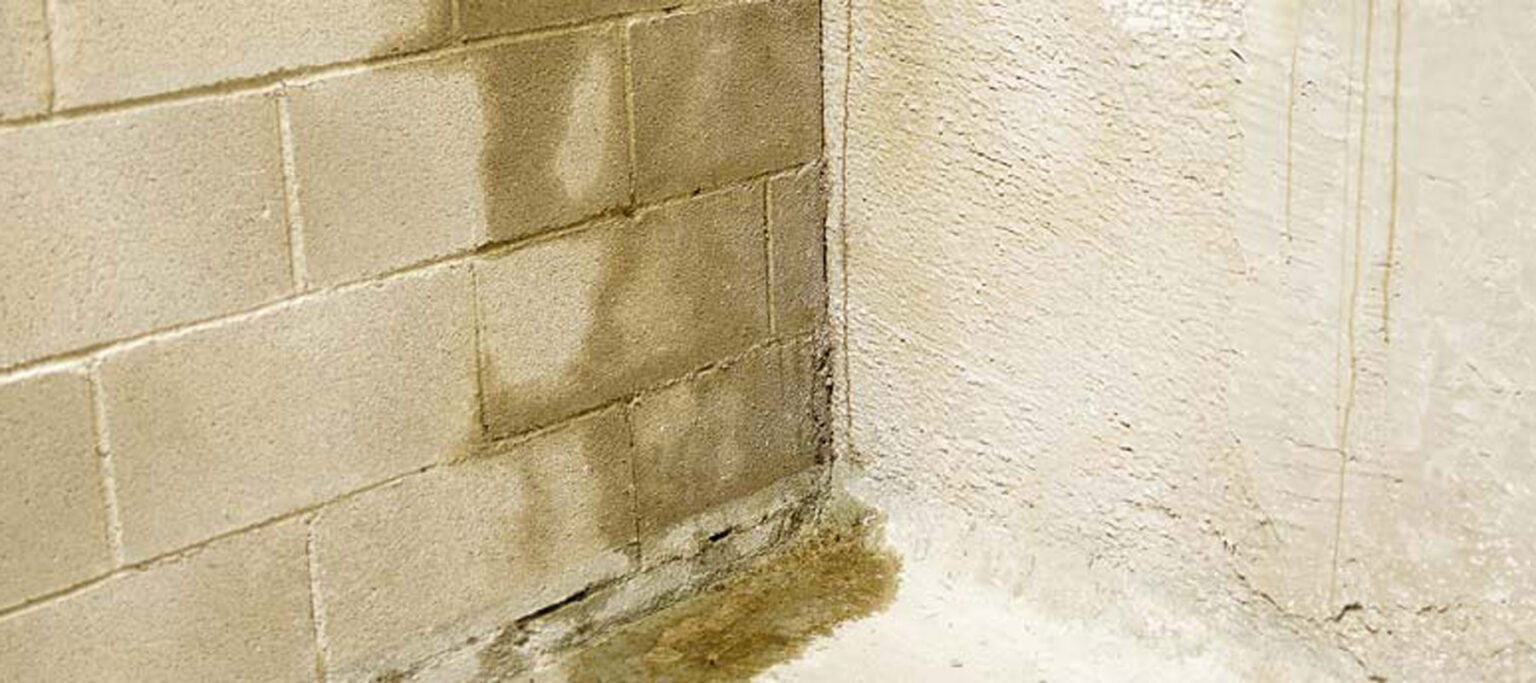

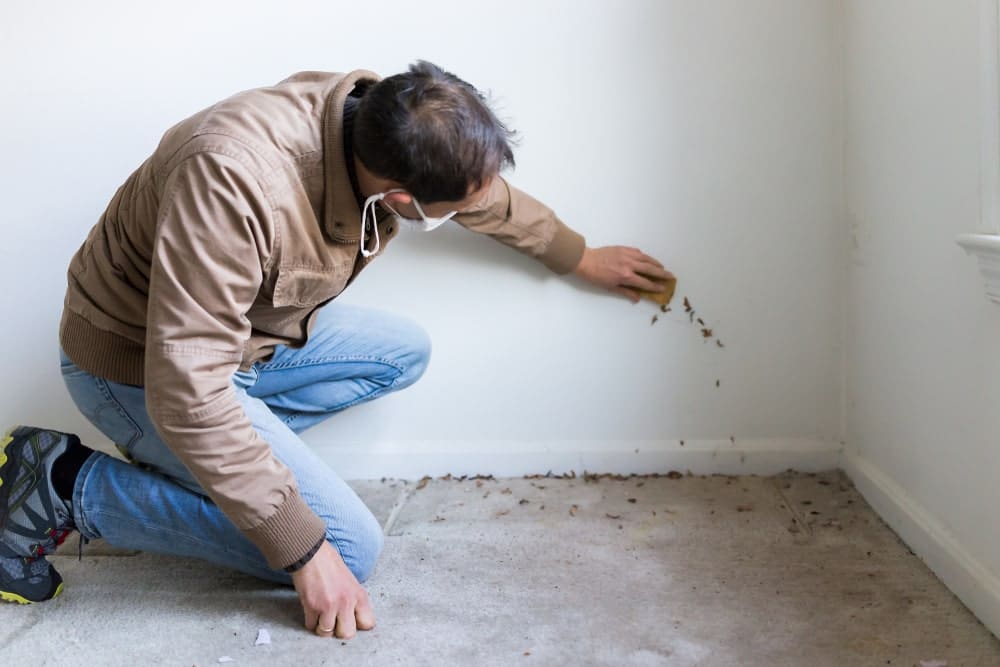

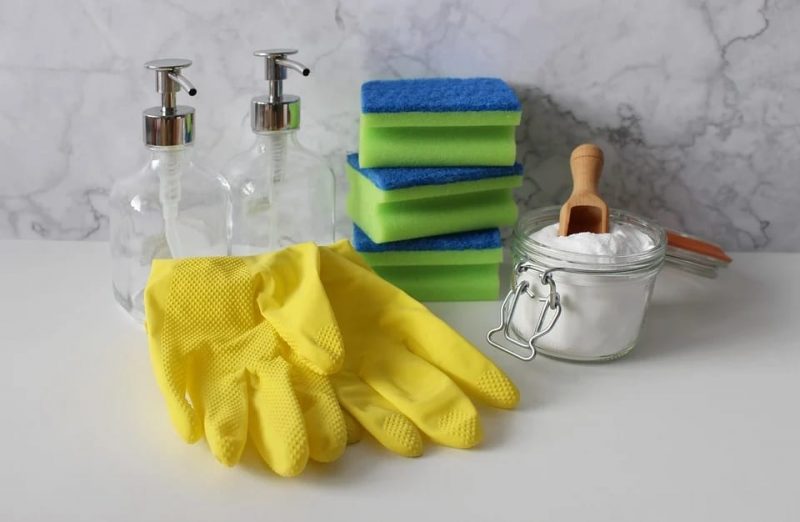
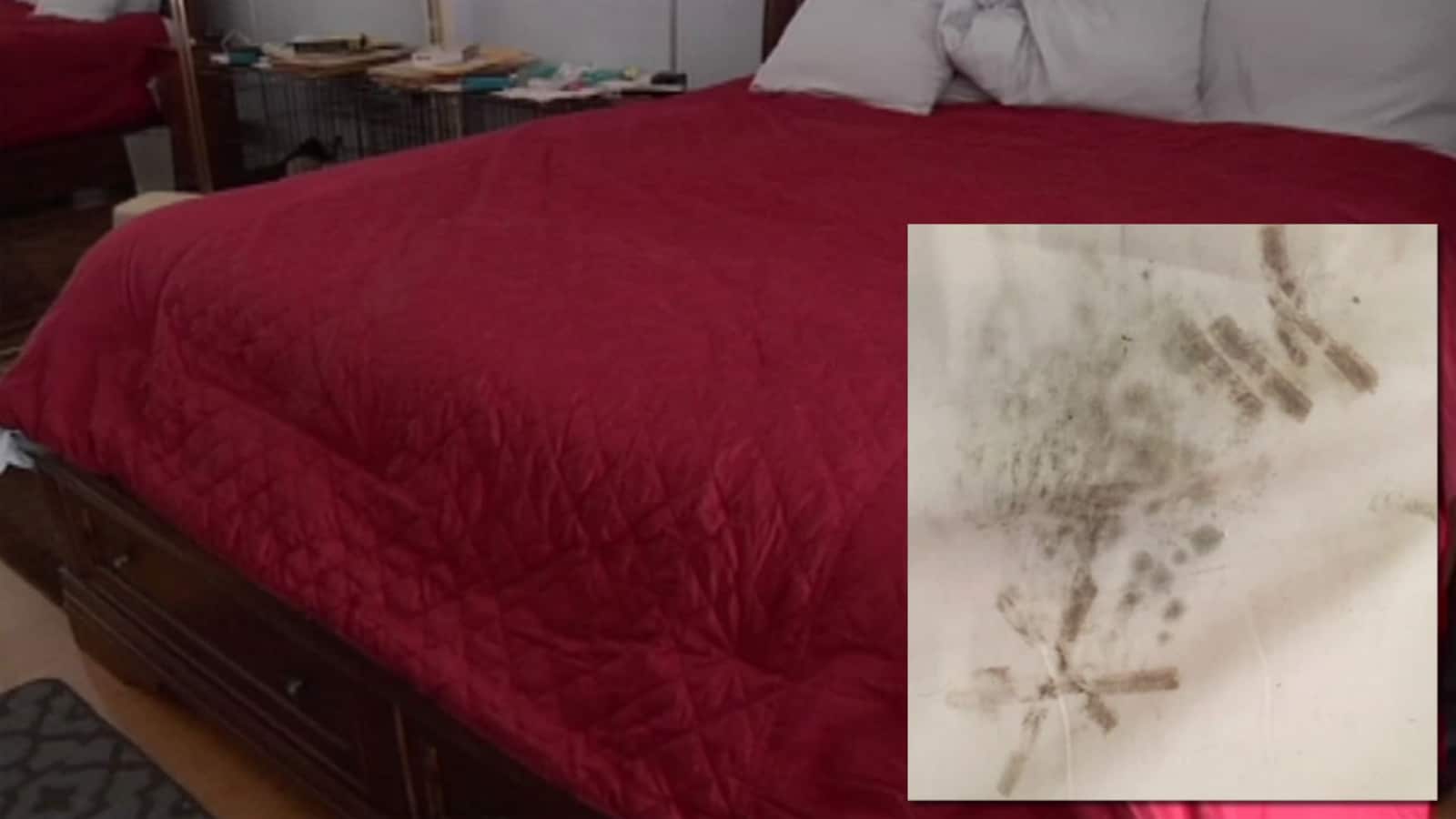





:max_bytes(150000):strip_icc()/what-are-the-symptoms-of-sleep-deprivation-3015161_color4-5b42c4ddc9e77c00374089b8.png)








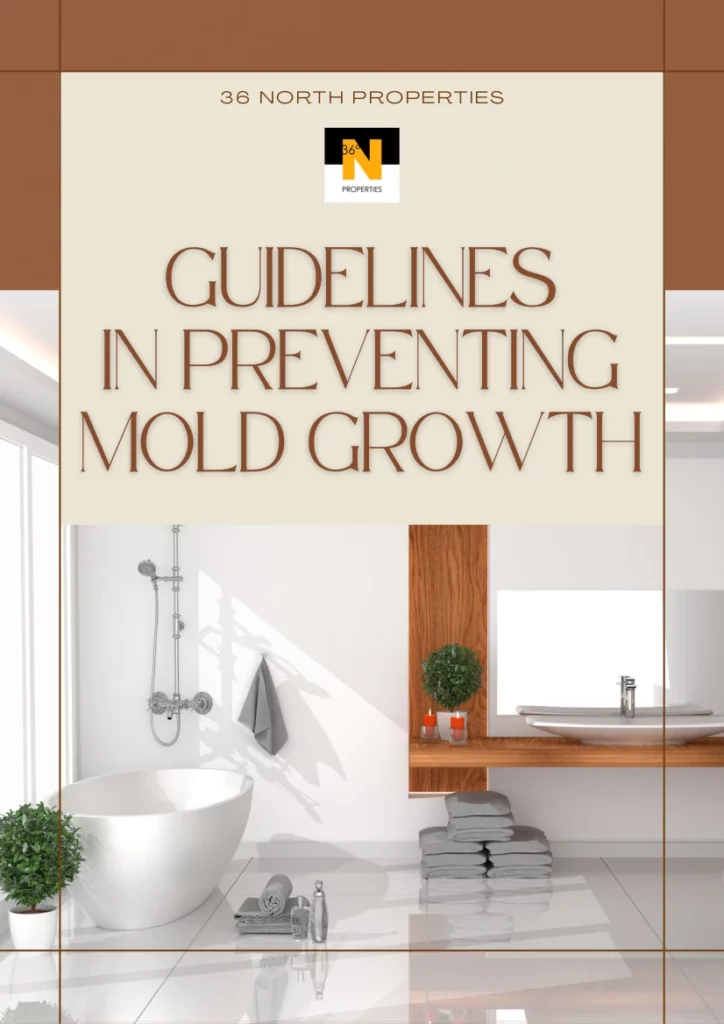



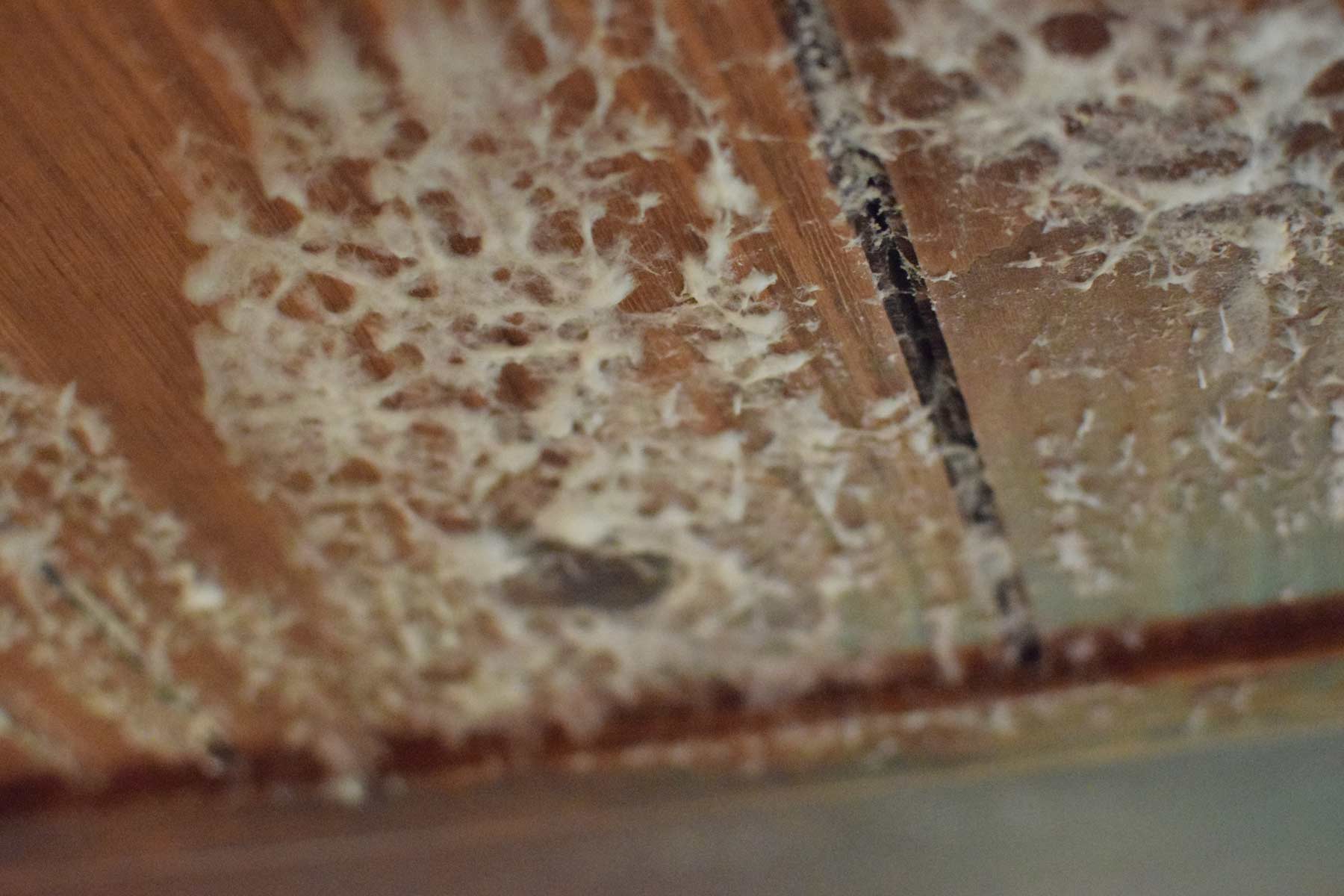


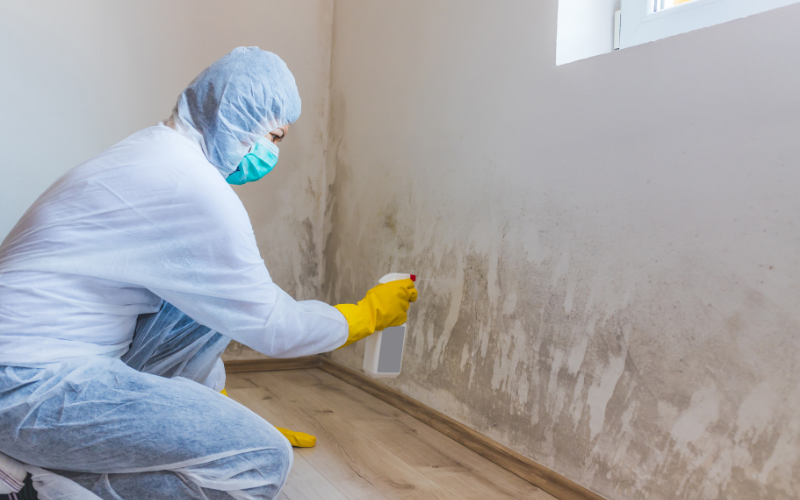
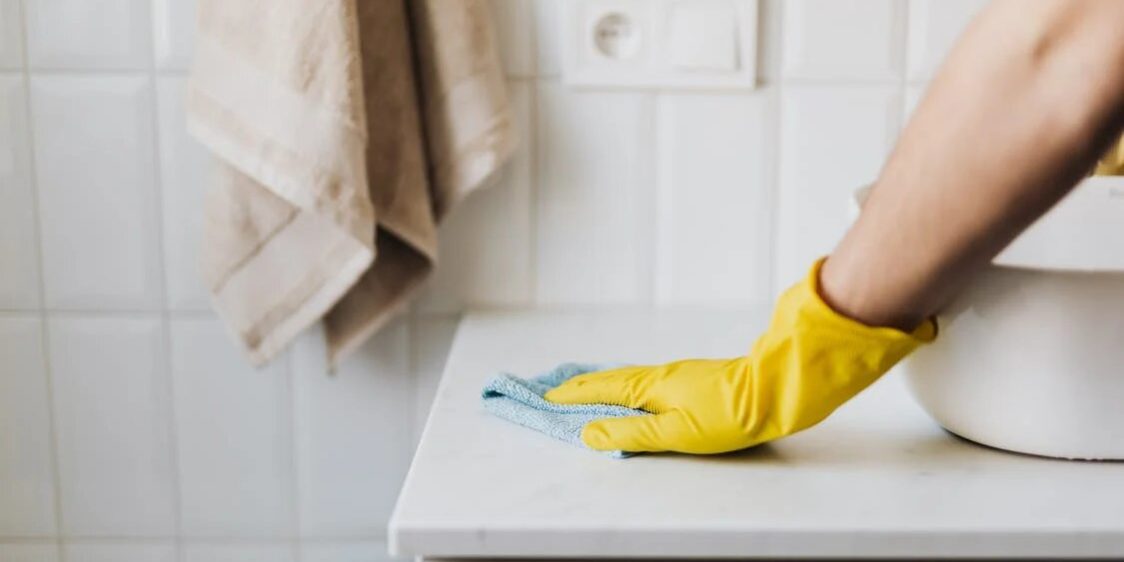

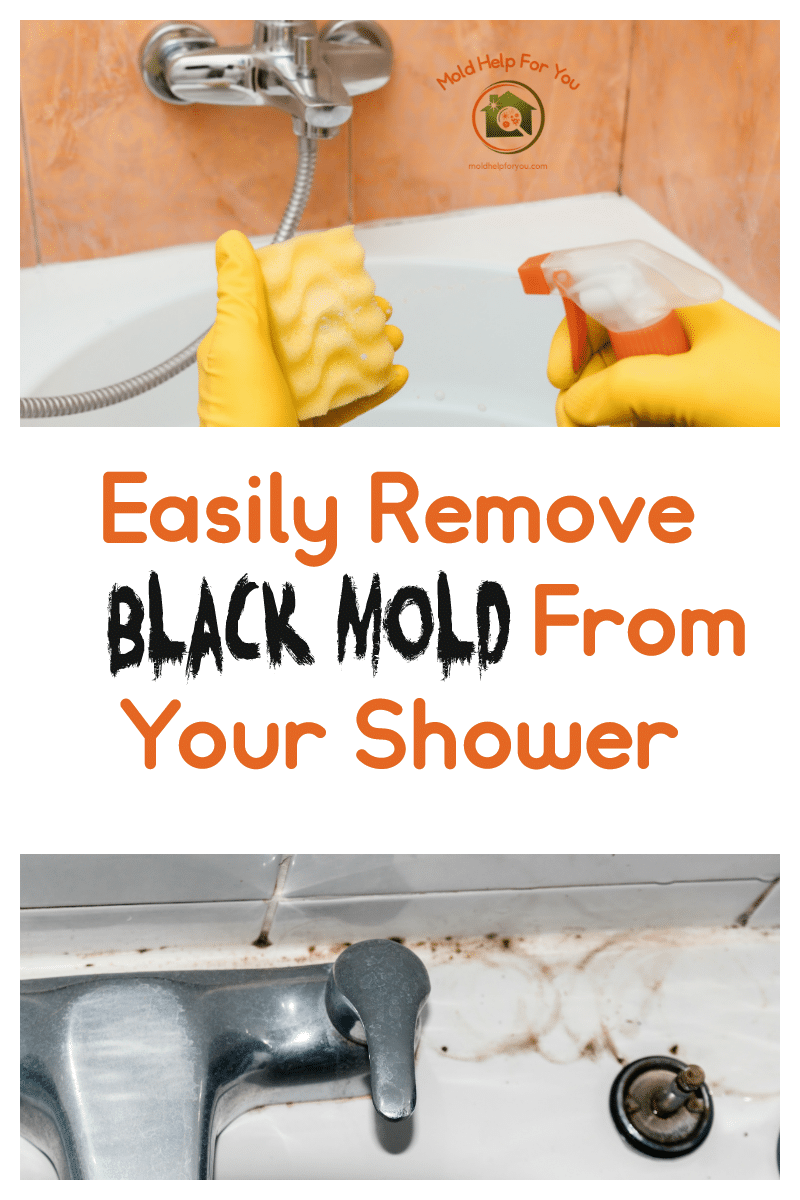





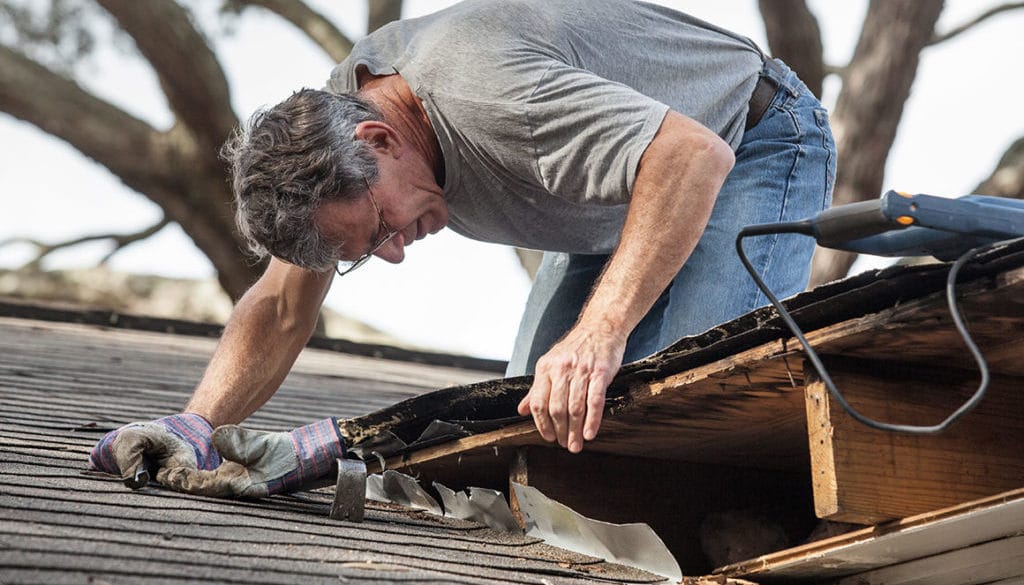
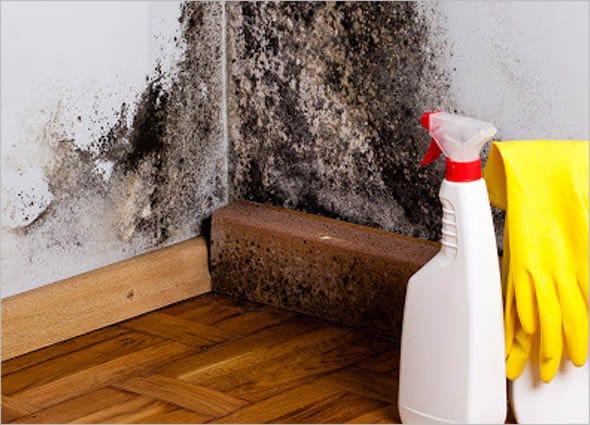
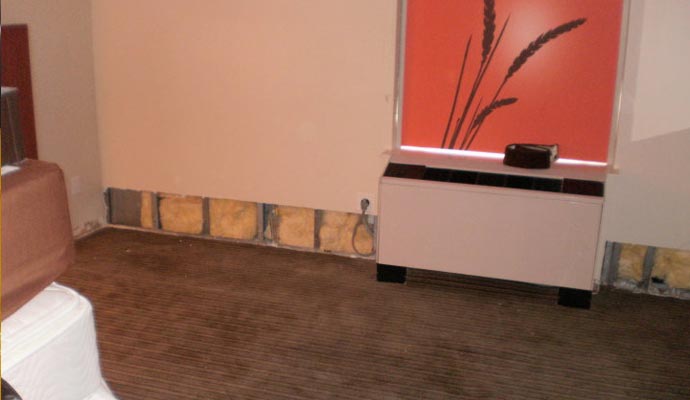


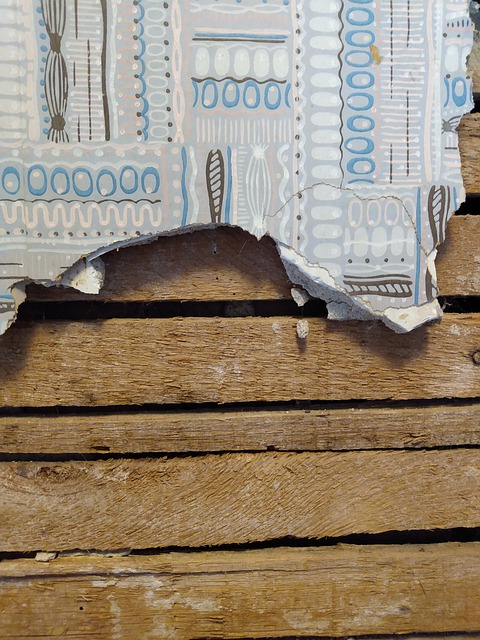

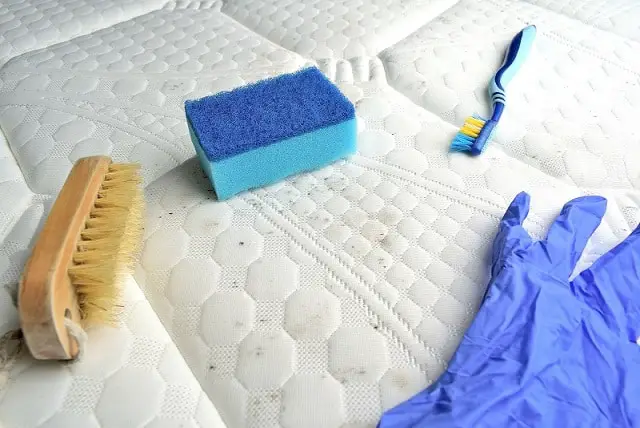



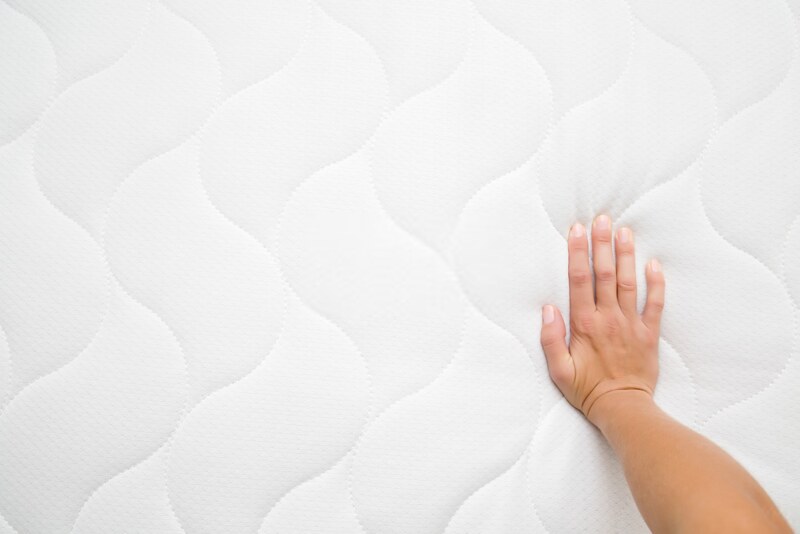


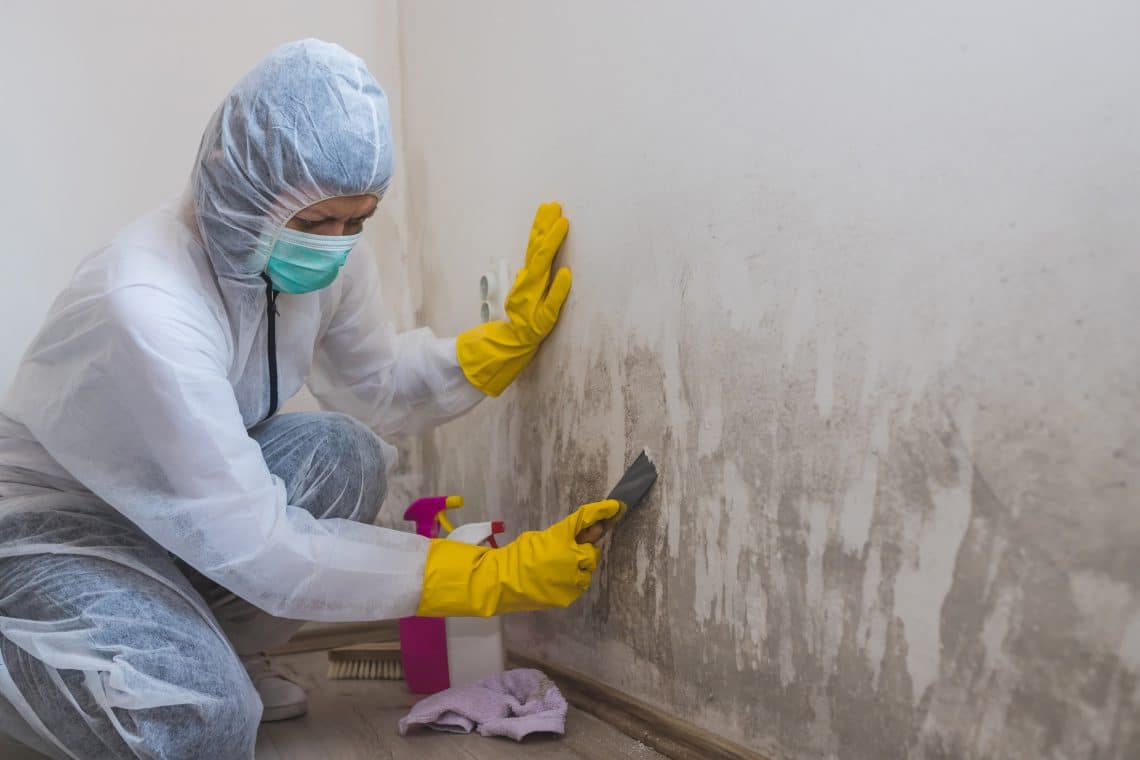
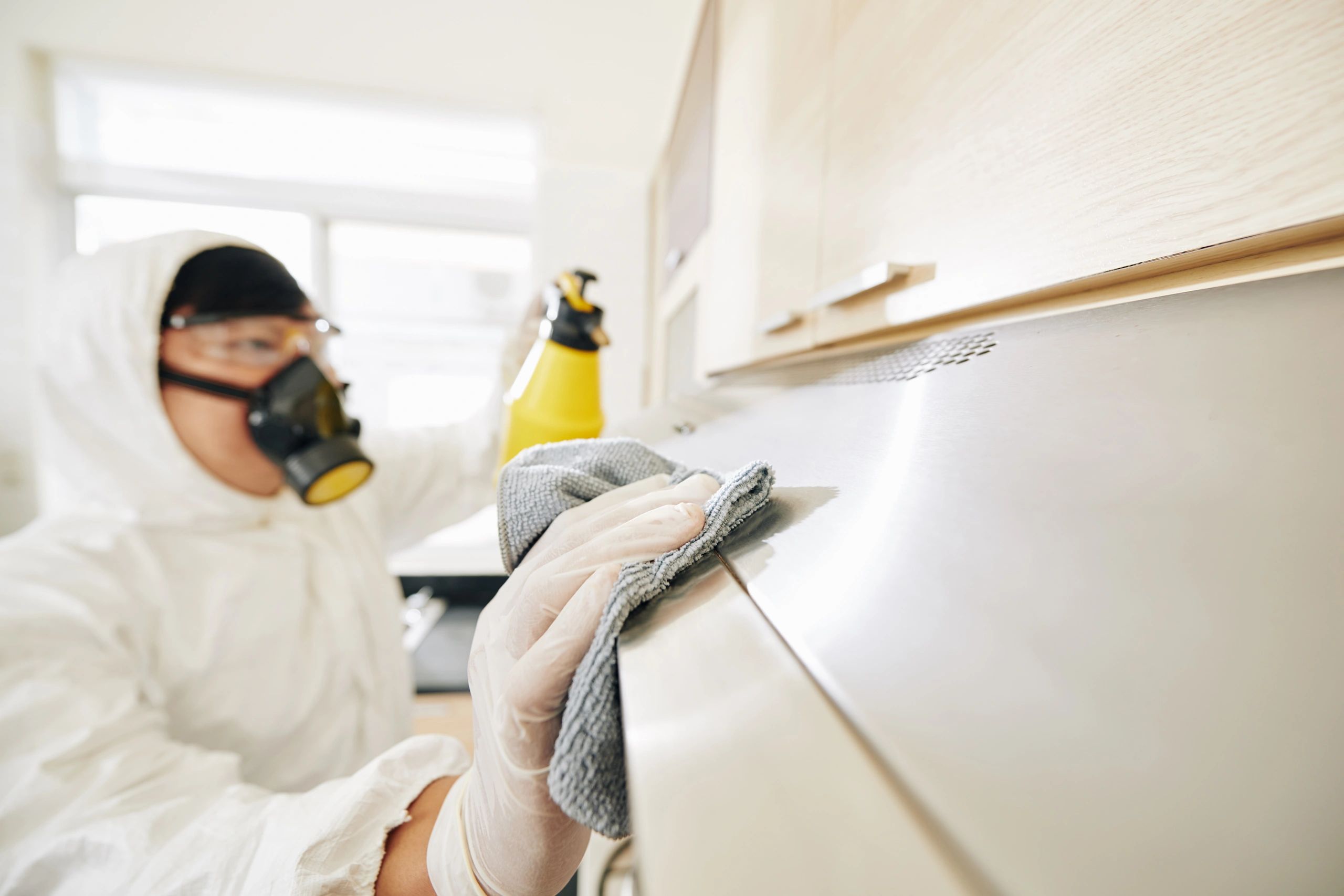




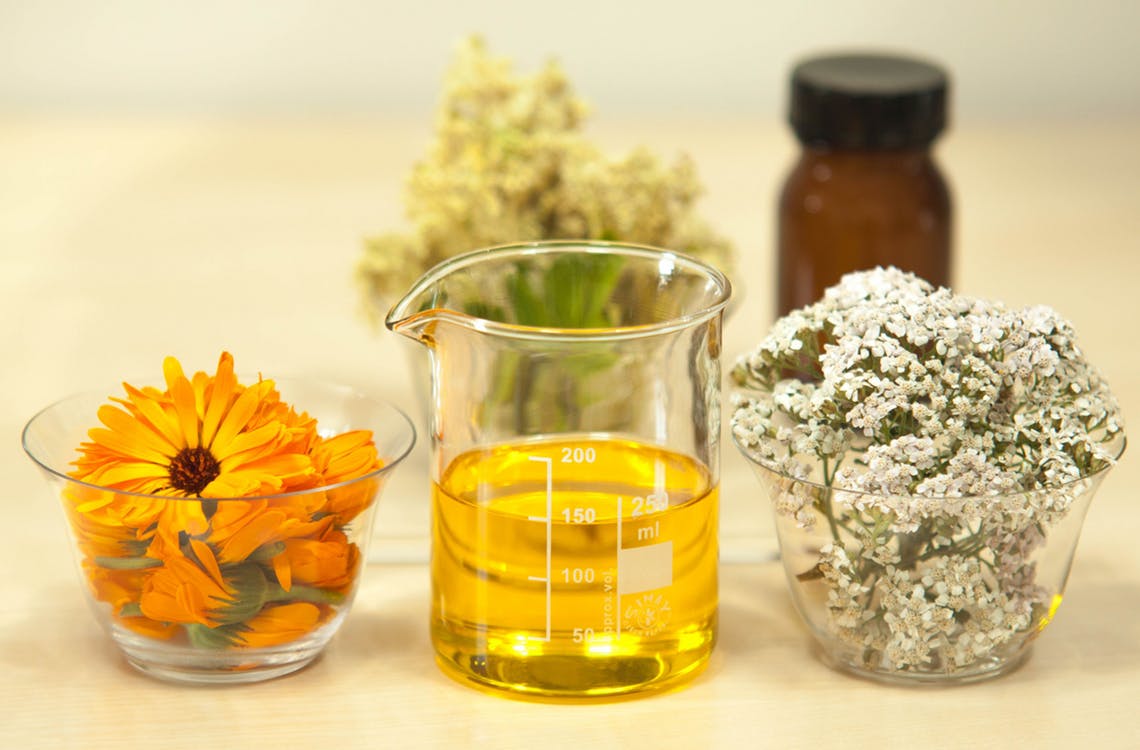
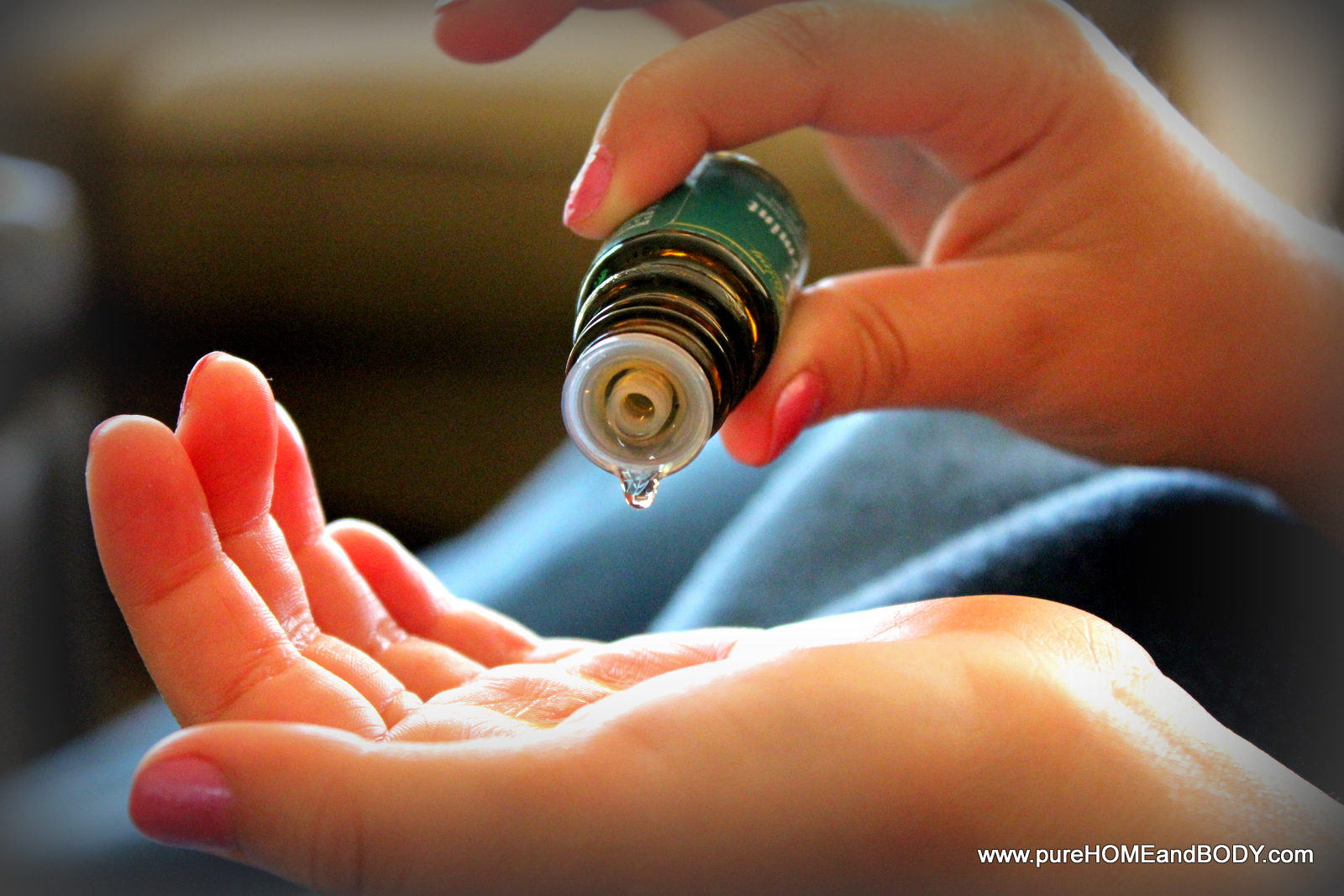

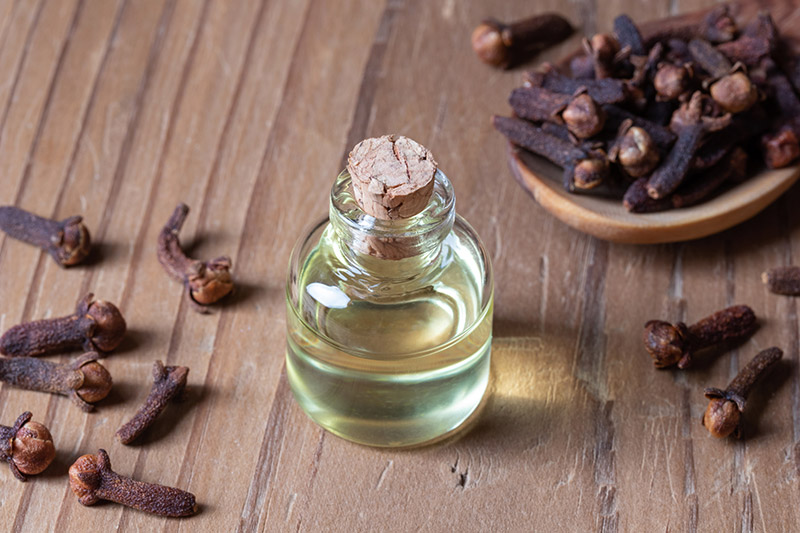

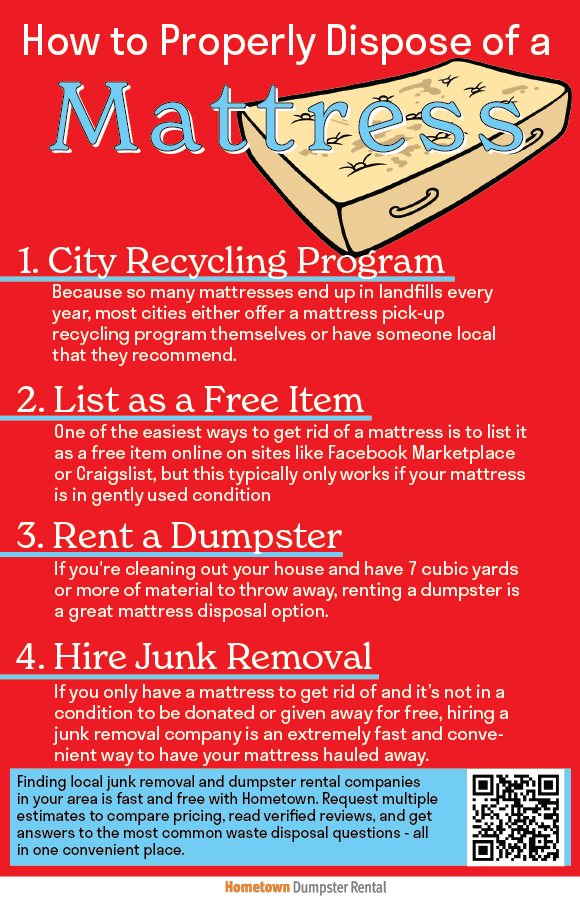

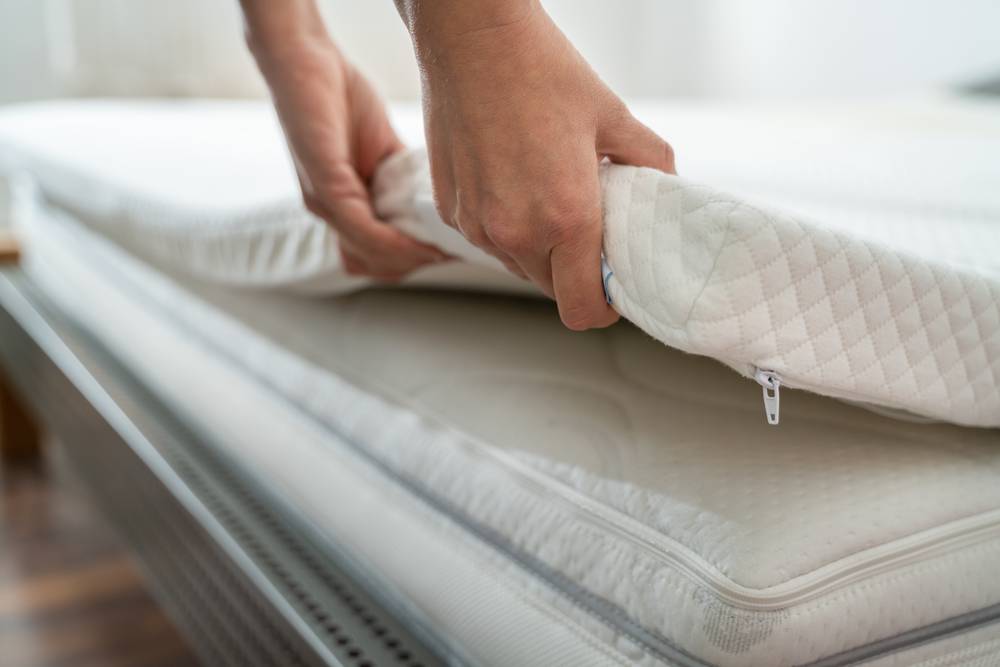


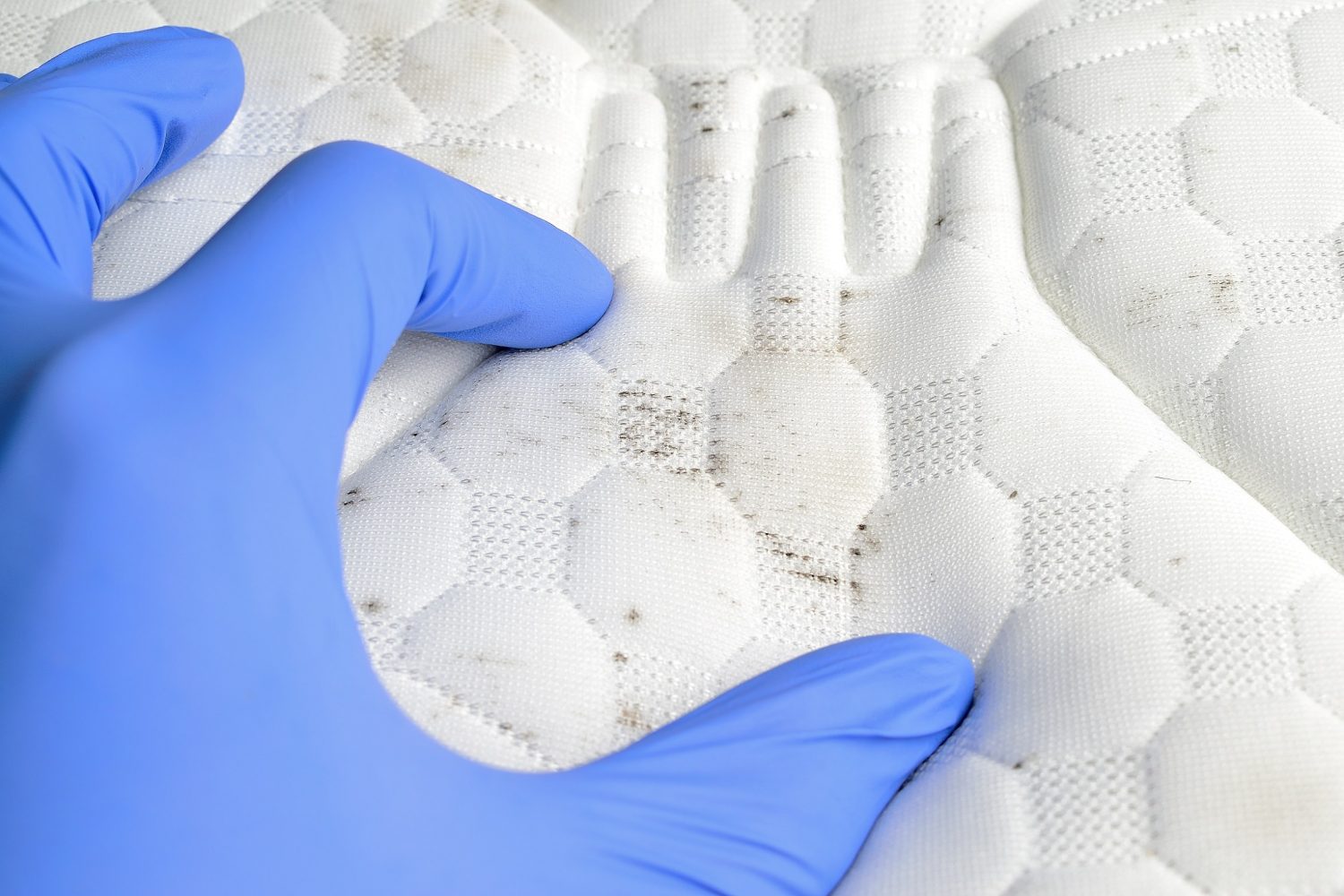

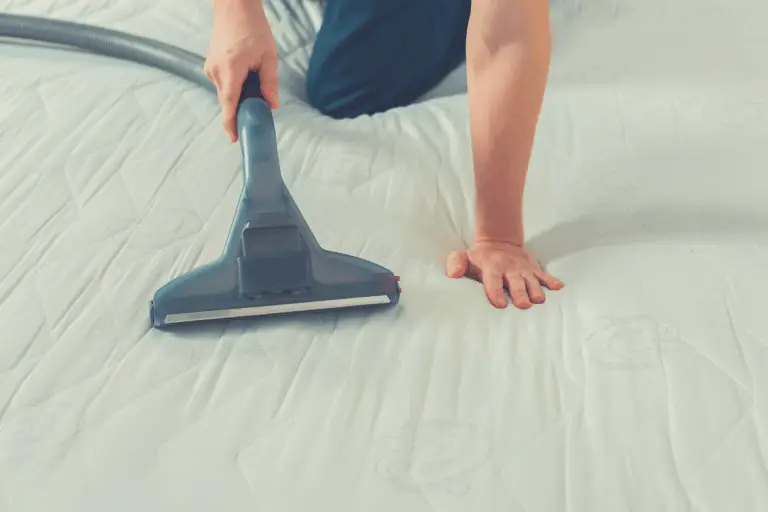



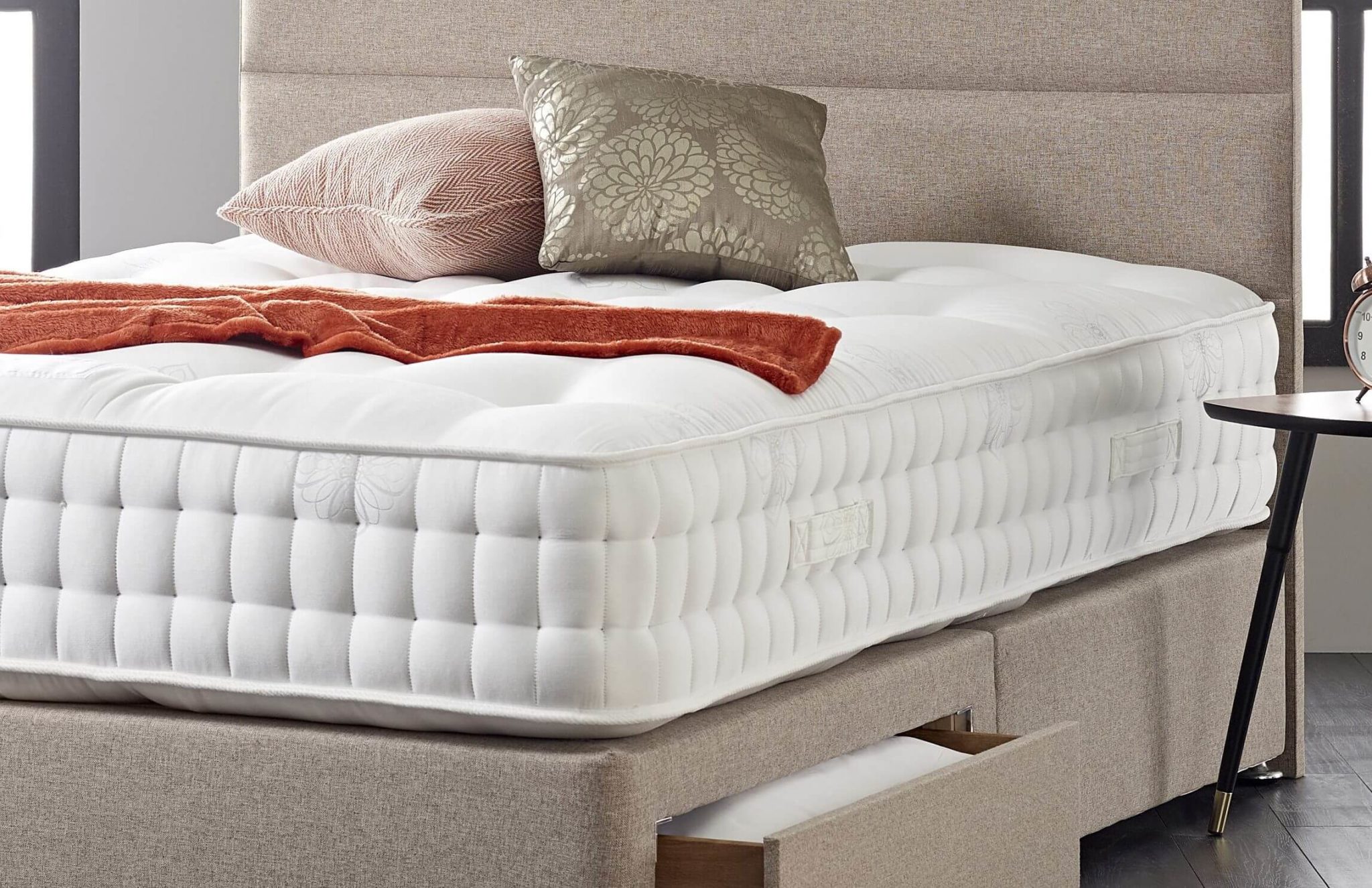
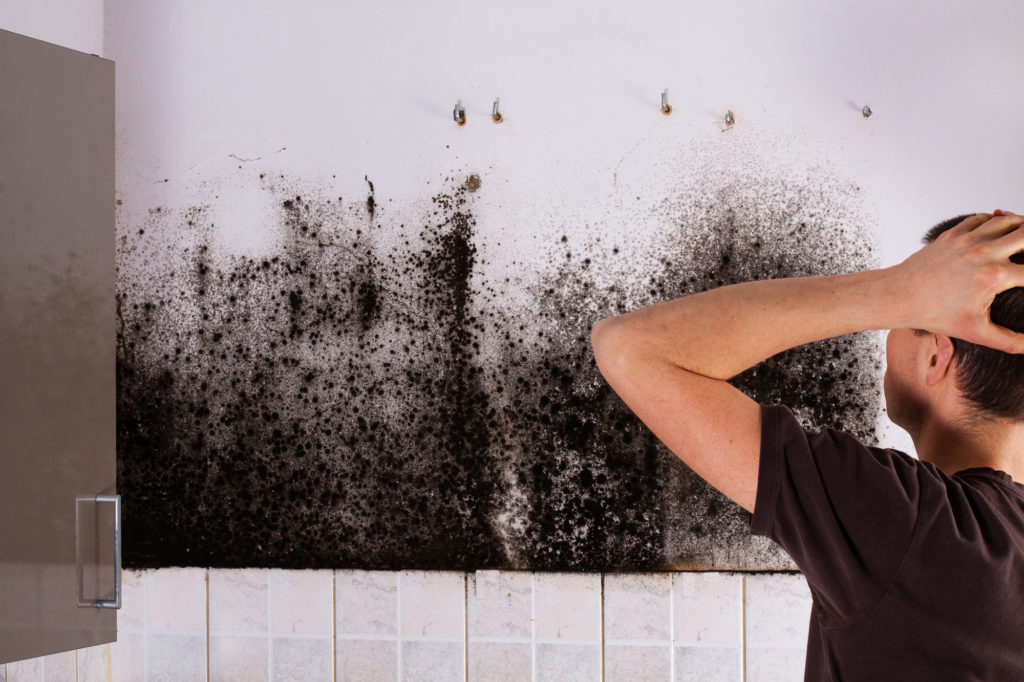
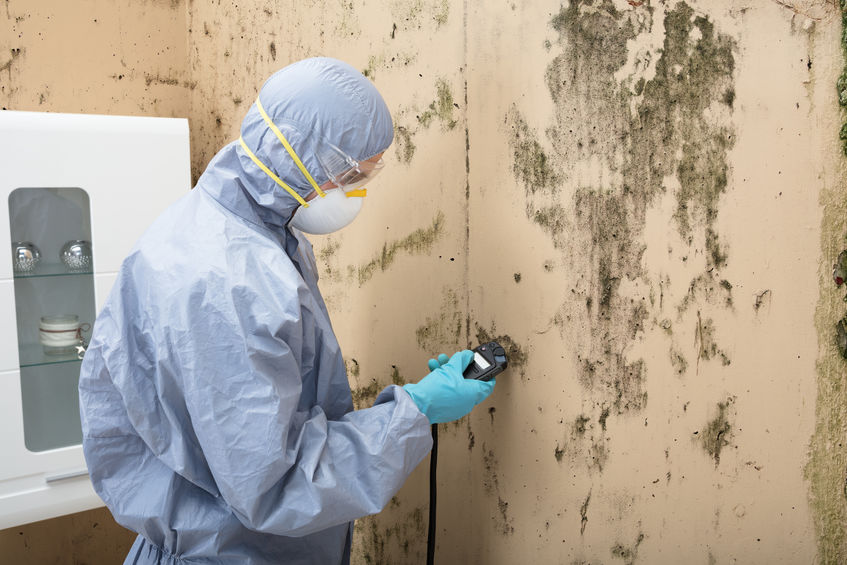

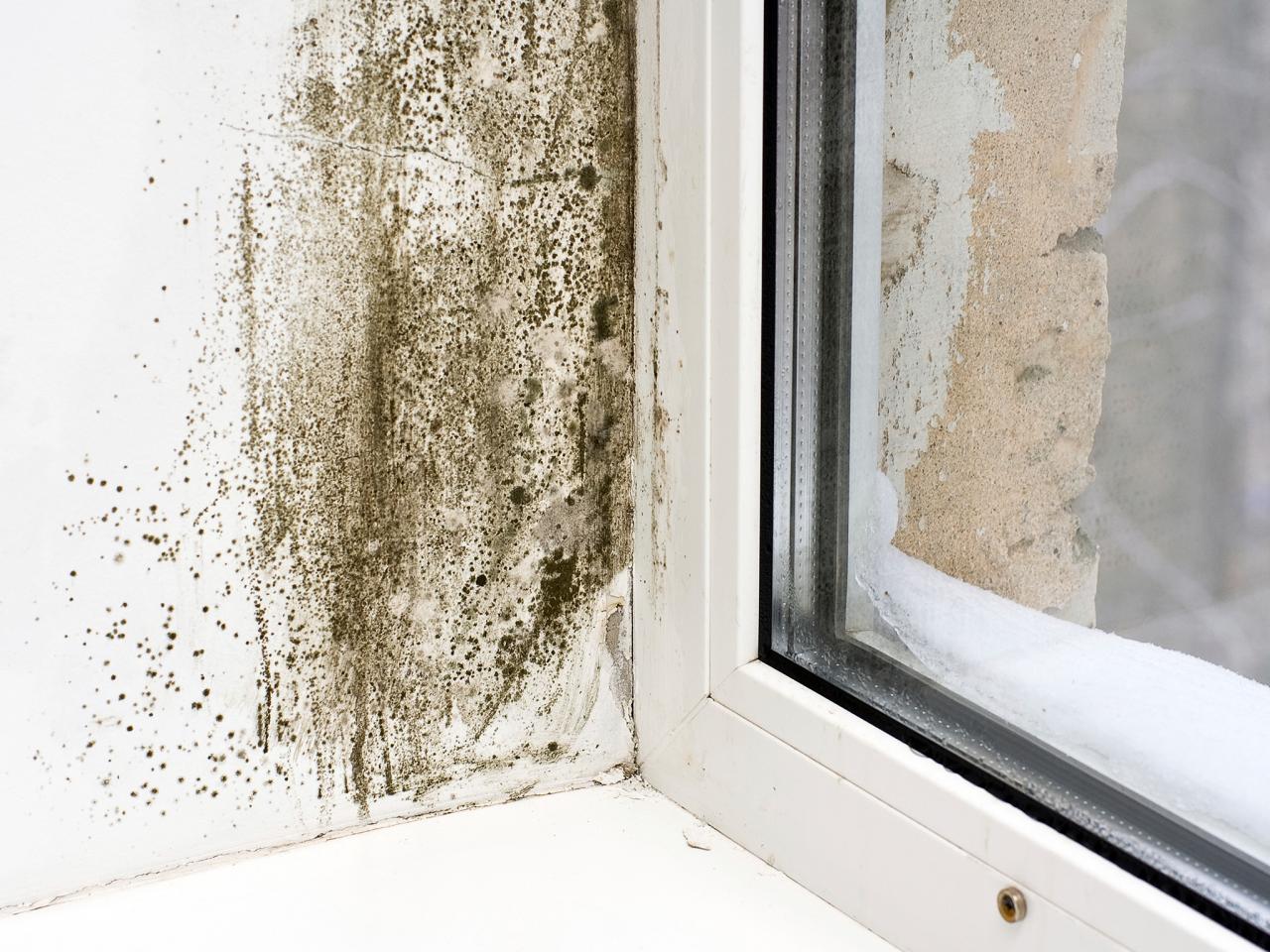

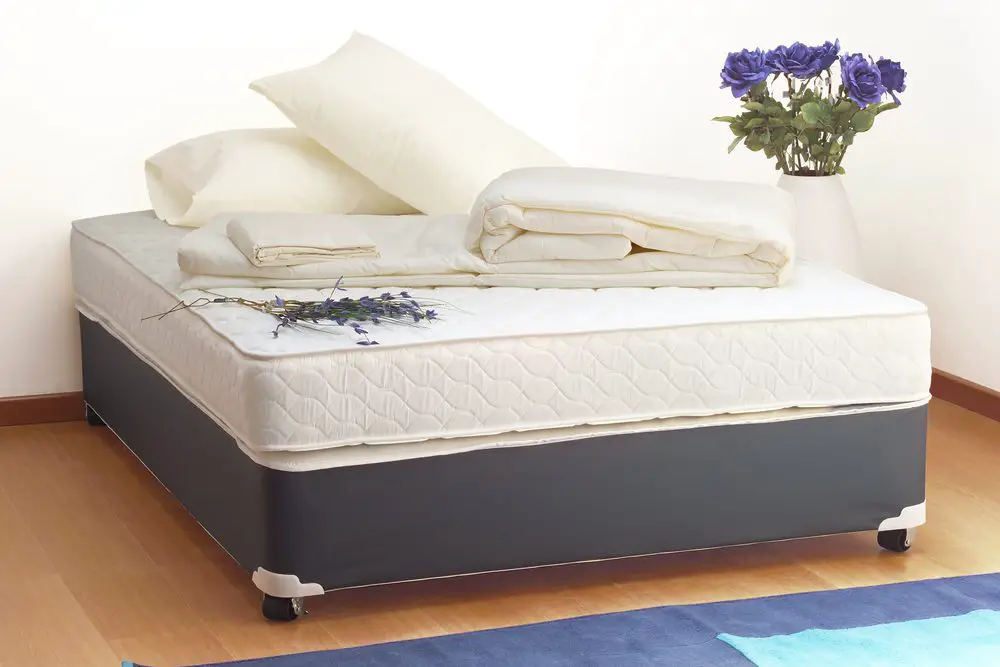




:max_bytes(150000):strip_icc()/5E8A8878FINALaltcrop-29762038fe4c4a0b9b25422f19b55d8b.jpg)

